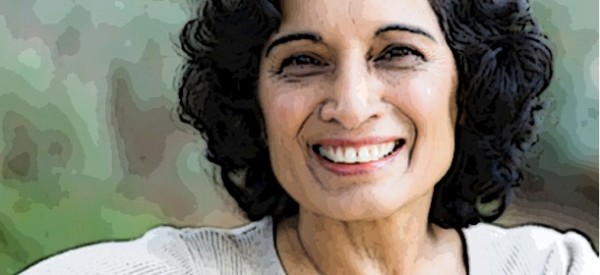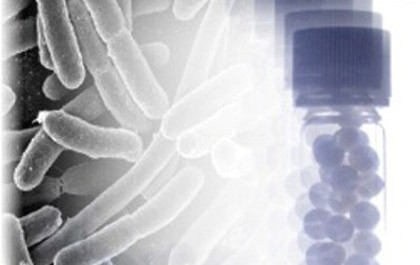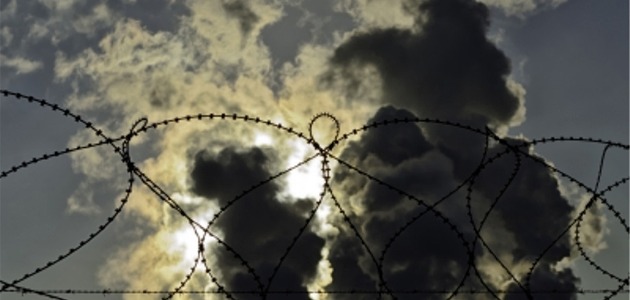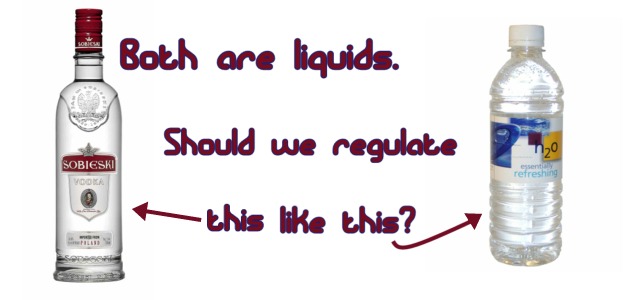Natural Health
Fertility Treatments Increase Cancer in Both Mothers and Their Babies
My thoughts and best wishes go out to Giuliana Rancic, the host of “E! News” and her husband Bill. Giuliana announced on Monday morning in a Today show interview that she has breast cancer. Giuliana and Bill’s reality show has chronicled their two recent IVF attempts. Sadly one failed completely and the other resulted in a miscarriage at 8 weeks. While she was preparing for her third IVF attempt, Giuliana’s doctor insisted she have a mammogram and she recalls him saying:
I will not get you pregnant, if possibly there’s a small risk that you have cancer … because if you get pregnant, it can accelerate the cancer. All the hormones will accelerate the cancer.
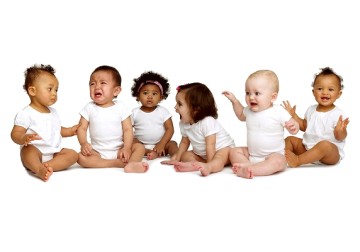
Giuliana, 36, cited her experience as being a good reason for women to get even earlier mammograms, perhaps instead her story is a wake-up call for all women to examine the healthcare choices they make in relation to synthetic hormones.
Women are exposed to the hormones estrogen and progesterone that are naturally present from the onset of menstruation until they reduce significantly after menopause.
In addition many women are exposed to additional synthetic hormones when they take the oral contraceptive pill; contraceptive injections and patches; IUDs that release hormones; the morning after pill; fertility drugs such as Clomiphene citrate (Clomid or Serophene), gonadotrophins, human chorionic gonadotrophin, gonadotrophin releasing hormone; hormone replacement therapy.
Studies have conclusively shown that all of the above increase cancer risks, with the exception of fertility related drugs. Studies here have proved inconclusive and often cite the fact that infertile women have higher rates of cancer, making it hard to separate out increases that are due to IVF and those due to the infertility itself. However, another study(1) has shown that children born using IVF are 42% more likely to get cancer than their naturally conceived peers.
Our hormones are chemical messengers released directly into the blood stream by endocrine glands, which are controlled by the brain, specifically the hypothalamus and pituitary gland. The system is complex, delicate and easily disrupted.
Rebecca Frayn, a film-maker and author who was undergoing in vitro fertilization, was recently interviewed by the Guardian newspaper in Britain:
I had questions about the cancer scares associated with all the hormones I would be required to ingest. Liz Tilberis and Ruth Picardie, both journalists who died respectively of ovarian and breast cancer after many rounds of IVF, believed their treatment had caused and accelerated their cancers.
Liz had made nine attempts at in vitro fertilization and had taken Clomid and Perganol. Both Liz(2)and Ruth had written best-selling books about their experiences before they died.
Despite her concerns Rebecca went ahead:
Couples undergoing IVF are set on achieving a baby at any cost, often developing a kind of willful moral myopia about the risks in order to avoid being deflected from their goal. I know, because it happened to me.
Sarah Parkinson, a British radio and TV producer, died of breast cancer in 2003. Sarah, 41, was convinced the cancer was triggered by the IVF treatment. Justine Picardie (Ruth’s sister) got to know Sarah before her before her death:
She looked wonderfully healthy, she ate sensibly, she did yoga, she was happy—irrepressibly happy —iand yet she’d died of breast cancer at the age of 41. And just like Sarah, my sister Ruth—who died of the disease at 33—seemed equally glowing with vitality and good health. This was a woman, after all, who still cycled to work when she was seven months’ pregnant with twins.
Sarah certainly had no doubt that the fertility treatment was a factor in her development of the disease. When we talked about it earlier this summer, she said that she’d felt a swelling in her breast before commencing IVF two years ago. But after a mammogram and ultrasound, Sarah had been given the all clear and told not to worry about it. Yet her cancer was diagnosed just a few months later, in February 2002, and it was sufficiently advanced—and aggressive—to have spread to her lymph nodes.
Similarly, one of the first questions my sister Ruth asked when her cancer was diagnosed was:
‘Could it have been caused by the IVF?’ Her longed-for and much-loved twins were conceived after one cycle of IVF, a year before her diagnosis. Her doctors gave her varying answers, from ‘no’ to ‘maybe’, but the ‘maybe’ was always on a strictly off-the-record basis. Yet, as both Ruth and Sarah pointed out, given that the pill and HRT have been associated with breast cancer, then why not IVF?
Maria Carmen del Bousada was the oldest woman in the world to give birth after IVF at the age of 66. Asked about the risk of her dying before her children were grown she was optimistic. “My mother lived to 101 years old and I have every reason to believe longevity runs in my family.” She was diagnosed with cancer just a few months before her sons were born and died 3 years later.
Professor Lee, chief scientist at the IVF program run by the Wellington Hospital in London has expressed concerns about mothers or babies being “threatened with real harm within the compass of medical fertility and obstetric clinics involved in the developing industry.” He warned:
The quest to have children can become a vortex that gets faster and faster and sucks people in. Women will sell everything and anything to have the treatment if they are short of funds. They will risk their lives, there’s no doubt about it.
If you are experiencing infertility, please weigh carefully the risks and benefits of conventional fertility treatment. In many instances small changes to your diet and lifestyle are all that are needed. Holistic constitutional treatment with a homeopath can also help enormously by bringing you and your partner to an optimum state of health and increasing your natural fertility.
To listen to a radio show and download a full length article about Homeopathy and Infertility please click here. If you know of someone who is experiencing fertility challenges please share this post with them.
If you, or someone you know, was diagnosed with cancer after fertility treatment, please leave a comment or contact Mary directly with details. Thank you.
Sources:
- (1)Study conducted by Dr Bengt Källén from the University of Lund in Sweden.He used national birth and cancer registers to compare the number of children with cancer born following IVF with those born naturally. The study looked at children born from 1982 as this was the year that the first child was born following IVF. It included all births from 1982 until 2005. 26,692 children were born following IVF treatment during this time frame. The authors predicted that under normal circumstances 38 children of the 26,692 children would develop some form of cancer. The actual number with cancer in the IVF population was 53. This was shown to be statistically significantly higher than expected. The cancers were mainly of the blood (including various leukemias), the eye and the central nervous system.
- (2)“No time to die – Living with ovarian cancer” by Liz Tilberis
- “Before I say goodbye” by Ruth Picardie
Mary Aspinwall writes and produces the engaging blog, Homeopathy World, is a regular columnist for Homeopathy Today, an expert contributor for Homeopathy Radio and Natural News, editor of “The Clinical Medicine Guide”, and author of A Basic Guide to Homeopathy. She can be contacted here.
Tagged big pharma, cancer, children of ivf, conventional medicine, fertility treatment, fertility treatment cancer, Homeopathy, in vitro fertilization, infertility treatments cancer, ivf, ivf cancer, ivf children cancer, modern medicine, pharmaceutical drugs, pharmaceuticals


